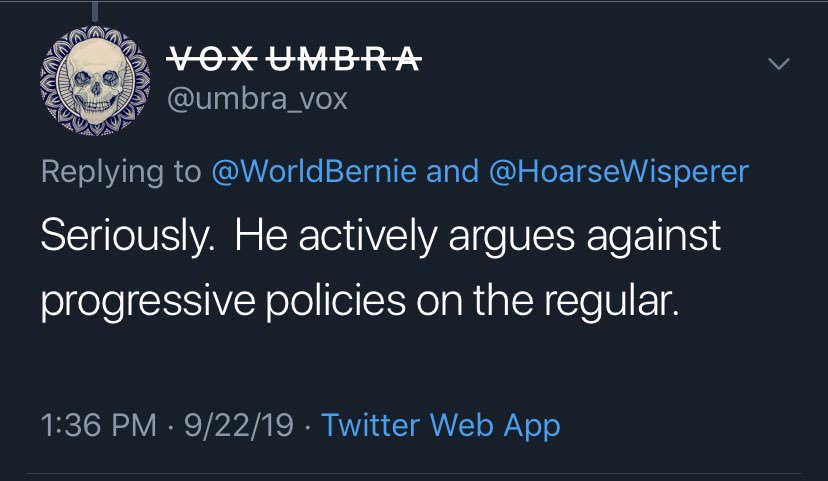As Rolling Stone accurately reported, I am what’s known as a “Twitter rando.”
1/
I’m a dude nursing the last of a well-earned flip-flop tan writing stuff on The Twitter Machine.
I arrived at Twitter connectionless to all things politics.
2/
If I was publicly venting frustration about a prominent person in the news, people would seek me out to tell me things.
3/
When people are frustrated, they talk.
Specifically, they talk to people who are on record in public on a topic - but they do so only in private.
4/
For others it’s because they can’t or won’t go on record themselves but want to add what they know to someone else’s body of information.
5/
That phenomenon repeats nearly anytime I’m on record with frustrations about a known figure. Kavanaugh, Barr, Mueller, whoever.
6/
For every leak, there are 100 people who knew.
Information flows. There is just an unspoken set of rules insiders follow.
7/
It has no public use.
It becomes just the soft intelligence that informs your thinking without ever being even tacitly reference-able.
8/
When someone in the know is stating something from knowledge they tend to merely lay it out there in declarative statements. “_____ did that because of ____.”
9/
It is not hard to tell the difference.
“Here’s why that happened...” doesn’t sound at all like “Here’s what I think is happening...”.
10/
If their sources are NOT part of their obvious circles, they might say so.
An attorney doesn’t need to say they heard something from people in the legal community though. Duh.
11/
The public may not hear all of that information (or hear it for awhile) but you can still get a sense of it by paying attention.
12/
I have known that she opposed impeachment since long before the Mueller report even dropped.
It was not close to a secret.
The reasons were well known and well understood. I heard them multiple times from multiple people.
13/
- ex-insiders
- trustworthy political journalists
- respected pundits and analysts
They’d be free to touch on the topic w/o breaking confidences or the soft code so to speak.
14/
Former prosecutors, ex-intel, ex-military, etc.
They generally don’t guess. They don’t present theories as facts.
15/
1) People who really have secret inside sources would never tell you that.
2) Conversely, people telling ya they have an inside source are usually either amateurs or liars.
16/
They might have all heard different parts of a larger story but they all generally get the plot.
17/
There are just a lot of people good at managing information and sharing it discretely.
Look for the measured voices. Their words say the most.
18/18




